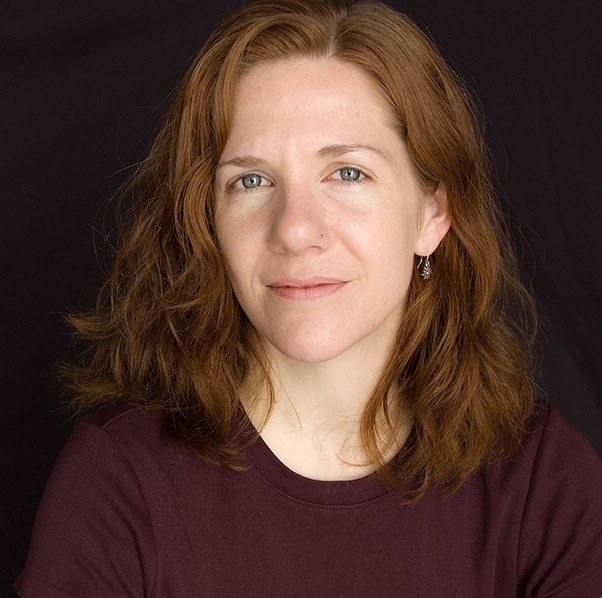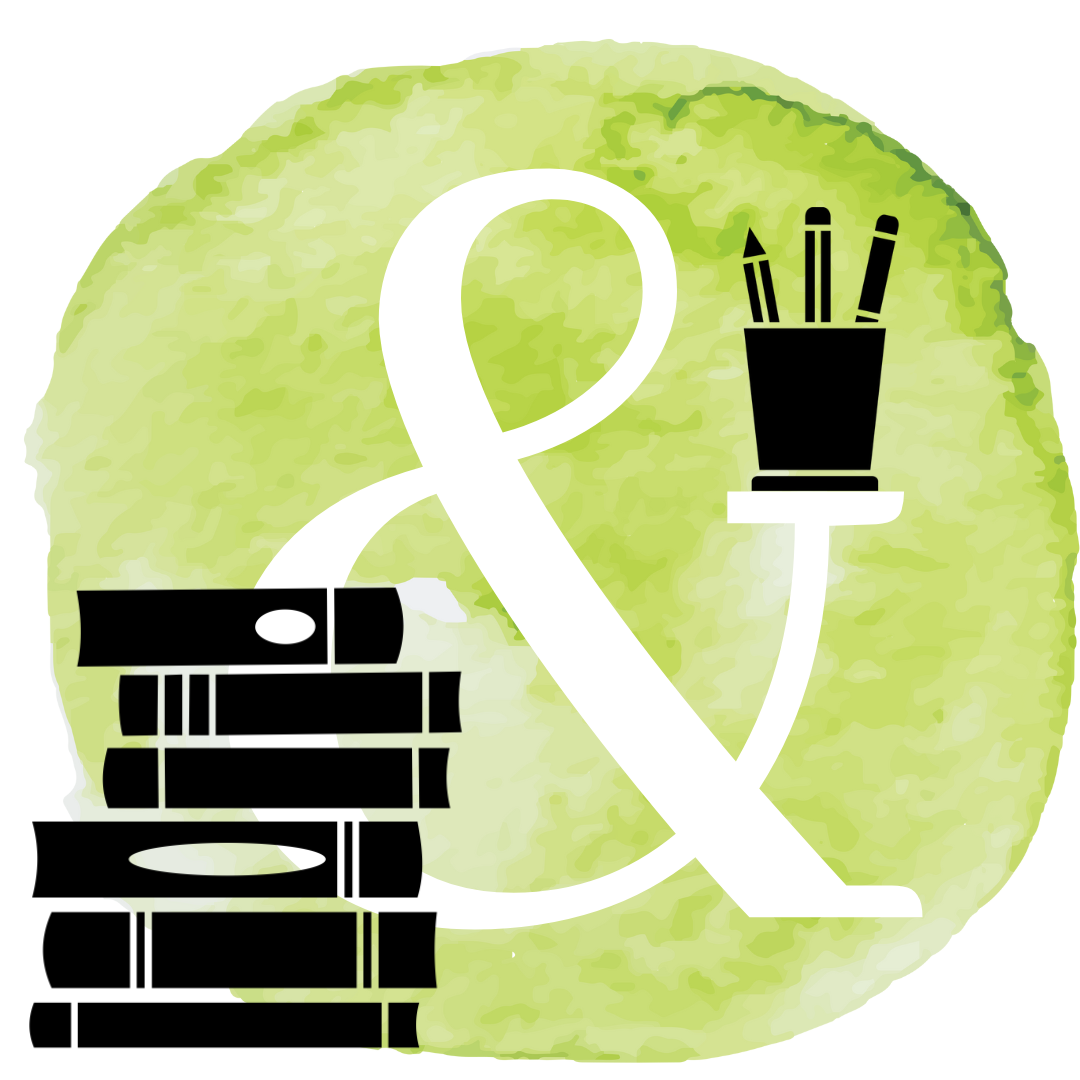This week, Alida has a special announcement and reflection to share with you: 6 Things I Know that Will Help You Write Your Story.
You can check out my new essay published in Passengers Journal here (click the button below).
VIDEO
AUDIO
SHOW NOTES
6 Things I’ve Learned that Will Help You Write Your Story
1. You have a story to tell, and it is worth telling.
One of the biggest hurdles writers face is themselves. Self-doubt is our biggest enemy, whether in the form of “nobody will care about my story” or “I can’t write it well enough to matter,” self-doubt kills the story before it gets on paper. Even if you aren’t a great writer now, if you don’t start writing you’ll not only deprive yourself of becoming the writer you want to be, you’ll deprive yourself of telling your story. Whether you write it for yourself, your kids, or the wide world of readers, know that your story is worth telling.
2. Don’t worry about what anyone else says.
I have had lots of writers in workshops say they get hung up worrying about other people’s versions of the story. It might be something as minor as their sister remembering the living room carpet as blue, or something as major as their sister characterizing a parent differently. This isn’t the place to get into the line between creative nonfiction and fiction, but regarding that carpet, who cares? Regarding a sibling’s experience of your parent, remember that your goal is to write about your personal experience.
3. Just write. Write, write, write.
Another dragon to slay whenever you sit down to write your story is the self-censor. It gets sneaky and pretends to have your and others’ best interest at heart, but all it does is prevent you writing. The censor will insist that you’ll be too vulnerable or so-and-so will be hurt, offended, or angry. It tells you, “you can’t write that!” Turn it off and tell your story however it needs to be told. In writing about my dad’s dementia, I was aware that my piece would concern both my father and my mother, his caretaker. The goal is always to be kind, generous, and sensitive to others, while remembering that you are telling your story, not theirs.
4. Make space for the process.
Start with your physical space. Make it a private, comfortable environment. Block out time when you won’t be disturbed or have to abruptly switch gears to take a work call or pick up the kids. Commit to that time you set aside, but know it’s okay if you just sit there to think and remember. A lot of prewriting happens in our minds before we commit words to the page. Set up the emotional support you’ll need, be that a box of tissues, pet beside you for physical comfort, or a trusted friend who knows you might be calling later. When I wrote my essay about pregnancy loss, “The Sun Still Shines on the Worst Day of Your Life,” I got up, made coffee, and sat on my couch in front of my fireplace, dog beside me, and wrote through the quiet hours of the early morning. I did this for days on end, writing until I felt sapped, but also like I’d just accomplished something important—letting it out onto the page.
5. Let it all hang out.
Maybe your story is a tale of romantic adventure, all hearts and roses, but many of us have a story about challenges, even traumas. If you’re feeling the need to write it down, its time has come, but that doesn’t mean it will be easy. Writing your story means looking at it, revisiting the hard or even hardest parts of your life. Give yourself permission to do and be whatever it takes to get your story down on paper. You can be messy, sappy, ugly, morose. You can be scattered, emotional, and even a bad writer. What you must not be is a critic, censor, or nay-sayer. The best, most powerful stuff is often in that place we’re afraid to go. Tell yourself it’ll be all right and go there.
6. Revision is here for you.
After you are satisfied that you have told what needs to be told, you will revise it. This is the time to worry about quality and refine your writing craft. But this is also, more importantly, where you get to address important questions about what, who, and how much. If your writing is for readers, any readers, ask if there is anything you’d like to change. Do facts need checking? Is some part of it ultimately too private to share? Could something on the page create problems for you? Who might be upset reading this? In what way? And does it matter? Sometimes our story needs to be told, despite the risk, even if someone doesn’t want to hear it or doesn’t like it or like us for telling it. If you hold back in the writing, you may never really tell your story, so let it pour out, knowing that you will decide what to keep on the page, and why, when you get to revision.
If you’ve got a story to tell, I hope these six lessons I’ve learned both by writing and by teaching other writers are helpful to you. If you have questions, feel free to ask in the comments. If you’ve already written your story, feel free to share a little about your writing journey. It means a lot to me when I hear from you!
Do you enjoy the show?
Do you learn something every week?
Do you feel like you have company on your writing journey?
About Your Hosts





0 Comments